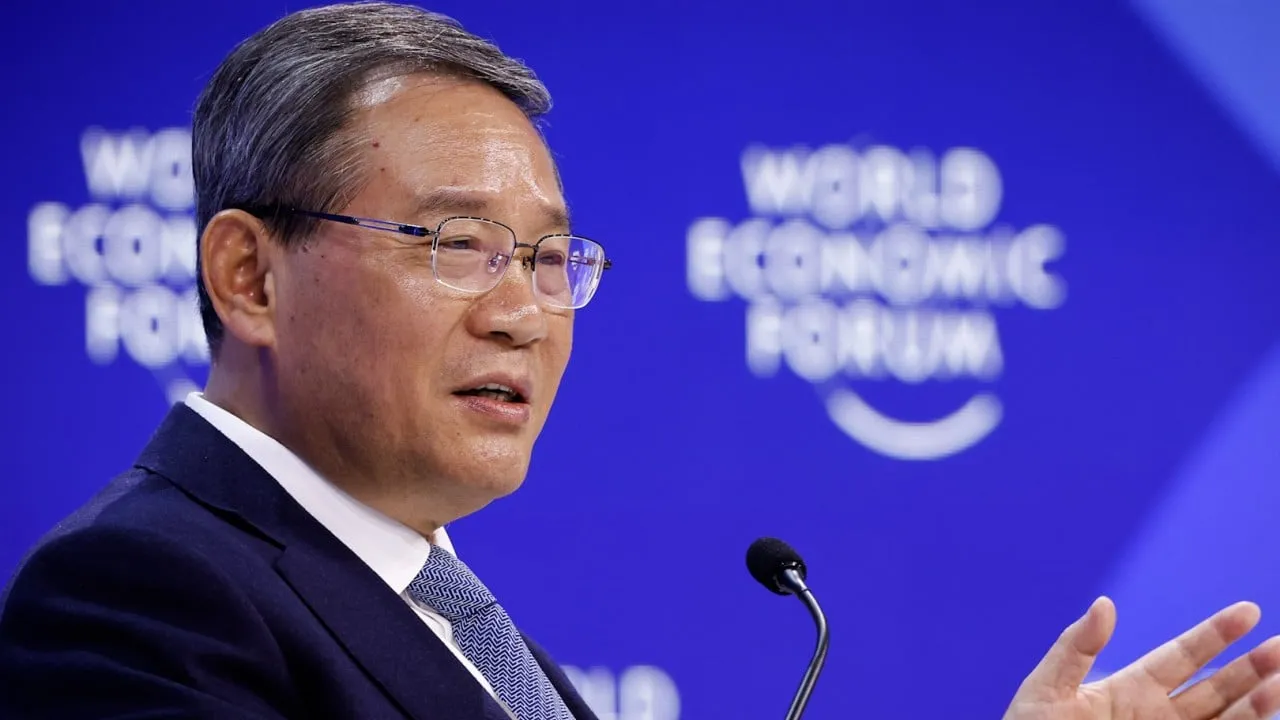China Economy: SOEs and Safe Investments Hamper Growth Potential

China's Economic Dilemma: Funding Safe Bets Over Innovation
In a recent report, Rhodium Group revealed that China's economy is currently allocating excessive new capital to companies perceived as safe. This strategy, while beneficial for state-owned enterprises (SOEs), undermines the potential for innovation crucial for sustainable economic growth. The intent of Beijing's industrial policy is being compromised as banks continue to lend to legacy industries rather than dynamic sectors capable of driving future growth.
Capital Allocation Trends
- Hefty payouts to SOEs dominate the financial landscape.
- Established firms like BYD are prioritized as they present lower risks.
- Support for private companies leading in technological advancement remains limited.
Local government incentives continue to benefit unprofitable enterprises, particularly those in heavy industries like steel. These misallocations pose a serious challenge as China's economy grapples with low consumer confidence and deflationary pressures.
Broader Economic Implications
- The financial system is impeding both short-term and long-term growth.
- Investments in new industries yield less attractive returns in the current environment.
- Prioritizing capital preservation leads to increased investment in safe sectors.
As China's economic recovery falters, the widening gap between funding priorities and actual innovation needs is a critical point of concern for policymakers in Beijing.
This article was prepared using information from open sources in accordance with the principles of Ethical Policy. The editorial team is not responsible for absolute accuracy, as it relies on data from the sources referenced.